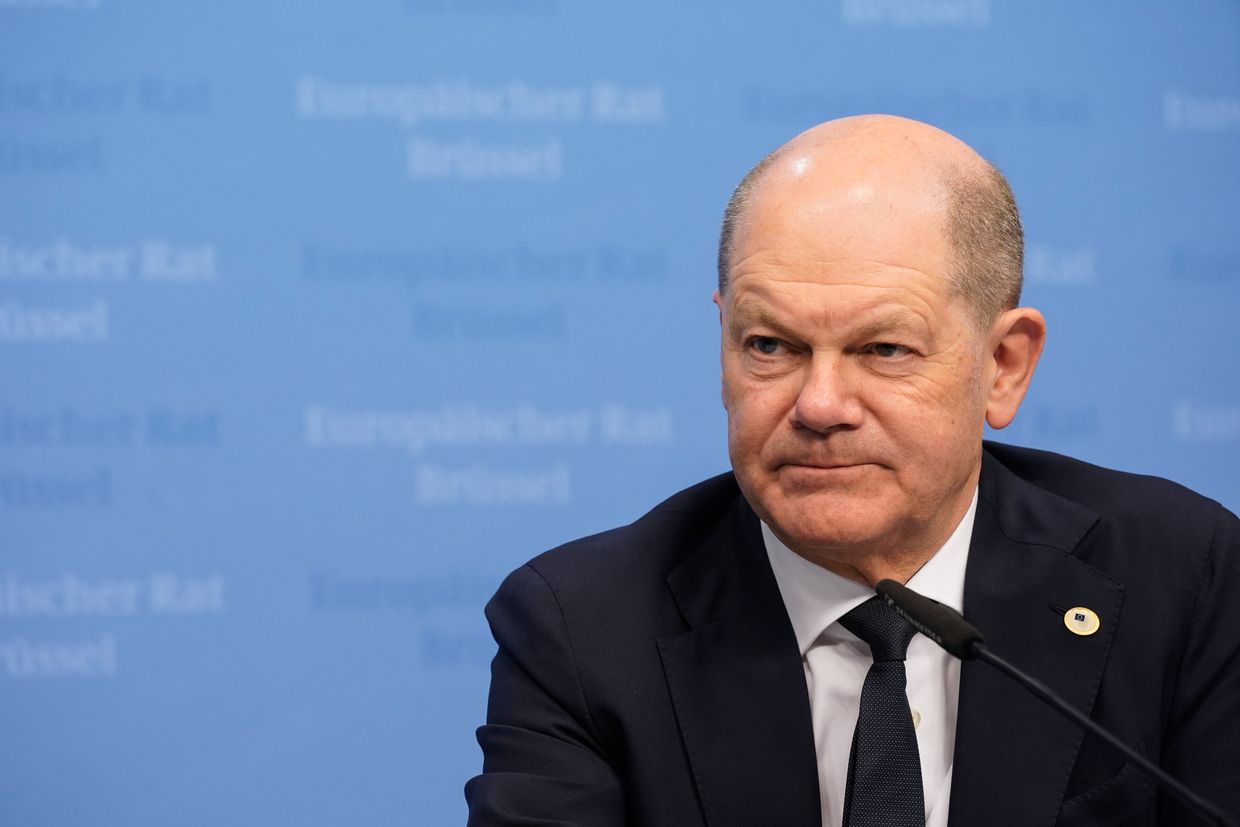Media: German authorities find no evidence of Russian attack on metal factory.
Support independent journalism in Ukraine. Join us in this fight.
Become a member Support us just onceGerman authorities "see no evidence of sabotage" following the alleged arson attack at the Berlin factory owned by German metal manufacturer Diehl, Der Spiegel reported on June 25. The factory, which belongs to Diehl Metal Applications, a subsidiary of the Diehl group that manufactures IRIS-T air defense systems used by Ukraine, caught on fire in May, destroying much of the building. According to Der Spiegel, the Berlin police believe an accident was the likely cause of the fire, while the Prosecutor's Office in Karlsruhe and the Berlin Public Prosecutor General's Office say they have found no evidence of arson.
"We assume that the cause was a technical defect that was not our fault," a Diehl spokesperson told Der Spiegel. The Wall Street Journal (WSJ) reported on June 24 that Russian saboteurs were allegedly behind the arson attack on Diehl, citing unnamed security officials. The unnamed security officials told the WSJ that a number of details revealed in the subsequent investigation point to Russian involvement and the direct work of "experienced professionals."
At the time of the fire, widely circulated social media posts alleged that Russian operatives had attacked a factory producing defense material, and Russian news claimed that the factory that manufactures IRIS-T systems had burned down. The factory in question was separate from Diehl's defense production subsidiary, and there was no evidence that it was involved in creating military equipment. The factory has since resumed operations and Diehl's insurers issued a report on June 21 saying that it was the result of technical problems.
Western intelligence officials have warned about increasing Russian sabotage operations across Europe.
Scholz says his party's support for Ukraine is connected to its declining popularity
Many voters do not agree with the government's support for Ukraine and sanctions against Russia, which is "also reflected by the election results," German Chancellor Olaf Scholz said.
